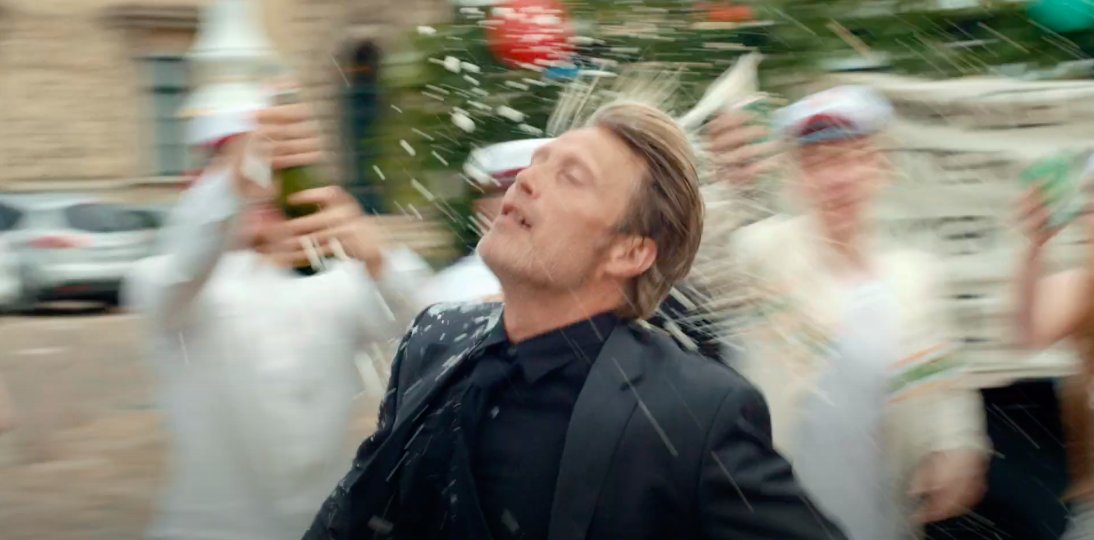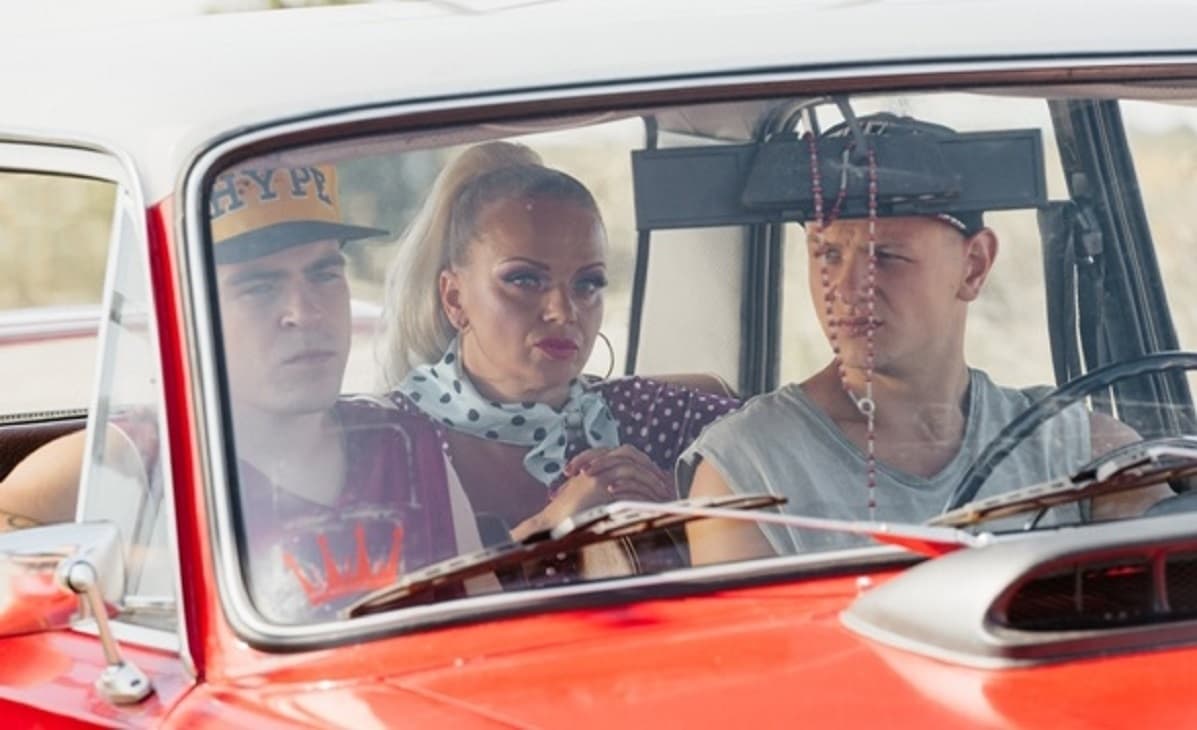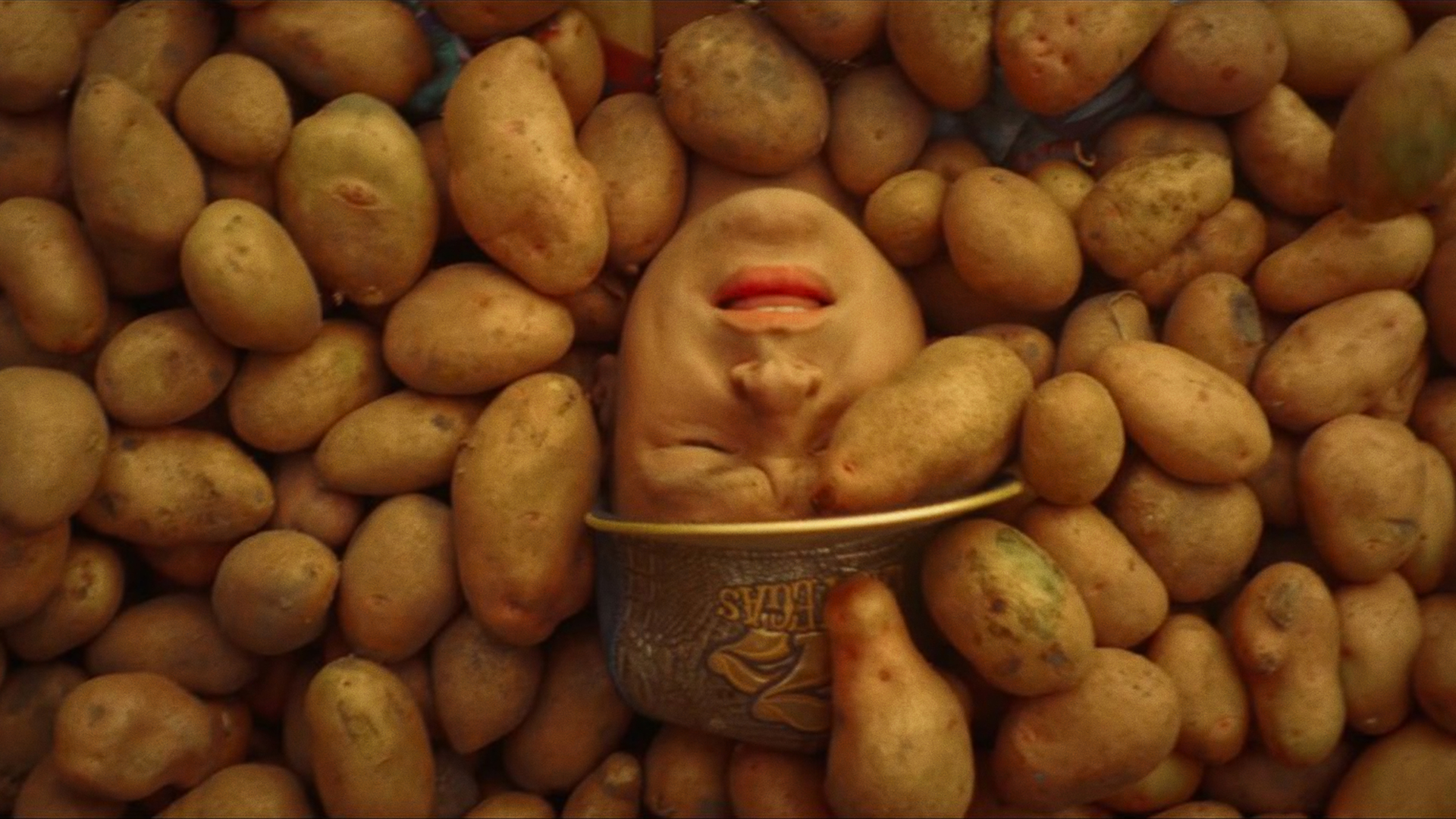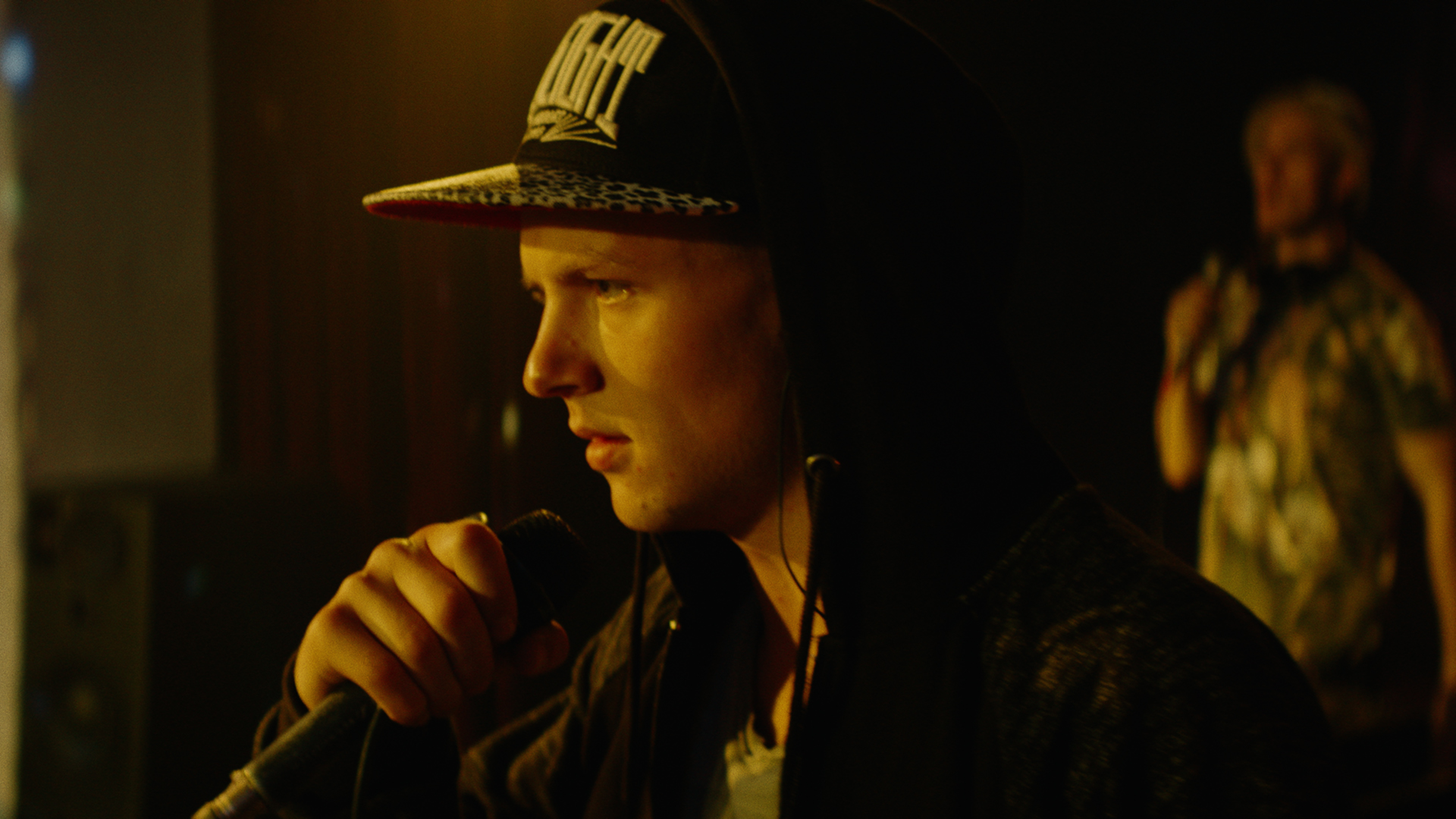A seventeen-year-old village school graduate, a guy nicknamed Kazan, dreams of becoming a famous rapper and winning the heart of Sveta. For the sake of his dream, he is willing to risk everything, but circumstances steer his life in a different direction.
Curator of the program 'Focus: Ukraine–Canada' Thom Ernst:
It would be easy to categorize director Myroslav Latyk’s Kings of Rap as a dutifully coming-of-age movie. But the ground Latyk covers in telling the story of Kazan, a young man living in a rural Ukrainian village who dreams of being a rap star, extends beyond mirroring the exploits of youth-driven by hormones and the prospect of an unknown future.
Kazan is in turmoil—an effect Latyk beautifully illustrates by situating Kazan against a mismatch of bedsheets and wall hangings in a blaze of clashing colors and patterns. His friend, Arakhis shares Kazan’s vision of rap stardom but not his waning acceptance of the misogyny driving their lyrics. Nor does Arakis understand Kazan’s affections for a local girl, Svieta.
The film takes a dark turn when Kazan is recruited into an auto theft ring. Soon the confident swagger that defined Kazan’s rebellion vanishes as he tumbles into a world where he does not belong. But onstage the effect infuses Kazan’s performance with a fierce new relevance.
Latyk draws from a conflicting landscape where the construction of a new highway runs along the edges of cornfields, and a high-tech service station stands as though in direct opposition to Svieta’s non-descript roadside convenience store.
Latyk’s Kings of Rap is an ambitious story likely to draw comparisons with Curtis Hanson’s 8 Mile. But Latyk is not toppled by his ambition of managing instead to morph his story into a rural restructuring of Scorcese’s Mean Streets and a decidedly understated vision of Edgar Wright’s Baby Driver.




